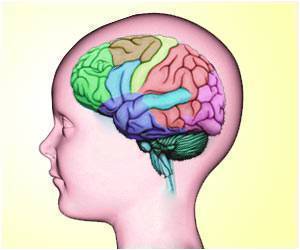
‘Healthcare providers prescribe potentially inappropriate medications (PIMs) to older adults living with dementia or other mental health concerns and who were being admitted to nursing homes.’
Tweet it Now
PIMs may include treatments like: Benzodiazepines (medications sometimes called "tranquilizers" and used to treat sleep problems, anxiety, or to relax muscles)
Antipsychotics (medications sometimes used to address mental health conditions)
H2-blockers (medications sometimes used to decrease the production of stomach acid)
Anticholinergics (medications that block a substance called acetylcholine, a "neurotransmitter" that transfers signals between certain cells to impact how your body functions. Anticholinergics have been used to treat several different conditions, including incontinence and chronic obstructive pulmonary disorder, or COPD).
Advertisement
The research team discovered that, at the time of admission to a nursing home, 44 percent of people with dementia or cognitive impairment were taking a PIM. The frailer the person, the more likely they were to be taking a PIM.
Advertisement
5 percent stopped taking antipsychotic medications.
3 percent stopped taking benzodiazepines.
9 percent stopped taking H2-blockers.
2 percent stopped taking medications with anticholinergic properties that worsen memory or thinking.
A smaller percentage of study participants--from 1.2 percent to 10.9 percent, depending on the specific medication--were newly started on PIMs in the nursing home. Antipsychotics and benzodiazepines were the most frequently prescribed PIMs.
The researchers concluded that many nursing home residents with dementia or other cognitive impairments enter nursing homes on PIMs. They also concluded that PIMs are more likely to be prescribed for frail older adults after admission. The researchers suggested that strategies for a person-centered approach to discontinuing PIMs should be encouraged, especially for frail older adults.
It's also important to remember that "potentially inappropriate medications" are just that: potentially inappropriate. They should be considered carefully before use, but that doesn't mean that they should never be used in all cases or for all older people. If you have been prescribed a PIM or if you're concerned about the way a treatment may affect your health, be sure to speak with your healthcare provider first before changing your routine or stopping the use of specific medications.
Source-Eurekalert












